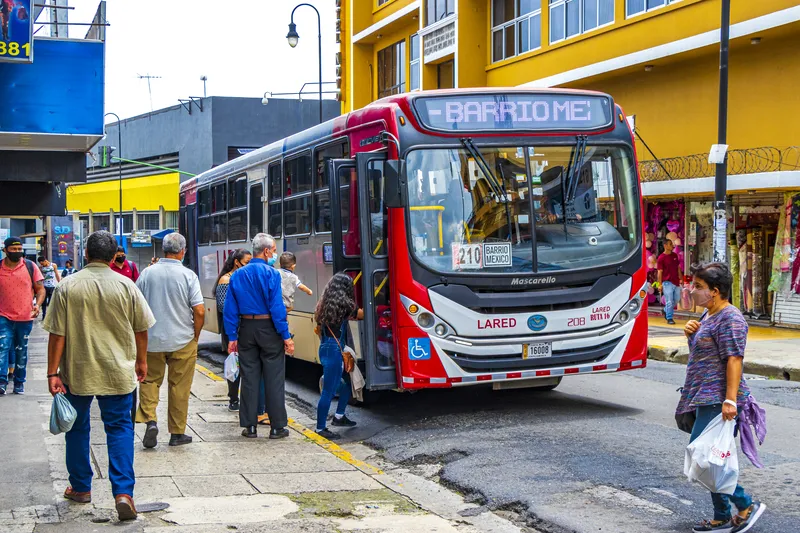Dutch company NXP Semiconductors is to supply the winner of the US Department of Transportation’s (USDOT) Smart City Challenge with its smart city technology, including real-time vehicle-to-vehicle and vehicle-to-infrastructure communication systems and secure public transportation smart cards.
Columbus, Ohio’s winning proposal for the U.S. Department of Transportation’s (D.O.T.) Smart City Challenge.
NXP, through its partnership with the USDOT, is working with winning city Columbus, Ohio, to help de
June 29, 2016
Read time: 2 mins
Dutch company 566 NXP Semiconductors is to supply the winner of the 324 US Department of Transportation’s (USDOT) Smart City Challenge with its smart city technology, including real-time vehicle-to-vehicle and vehicle-to-infrastructure communication systems and secure public transportation smart cards.
Columbus, Ohio’s winning proposal for the U.S. Department of Transportation’s (D.O.T.) Smart City Challenge.
NXP, through its partnership with the USDOT, is working with winning city Columbus, Ohio, to help deploy wireless technology allowing cars to securely exchange data, prevent accidents and improve traffic flow, as well as Smart Card ICs to make secure public transportation access fast and easy for credit- and cash-economy-based passengers alike.
As the winning city, Columbus will additionally receive a broad array of advanced smart city technologies from NXP and other program partners.
NXP, together with partners7207 Delphi and 189 Siemens, demonstrated vehicle-to-vehicle and vehicle-to-infrastructure (V2X) technology at the announcement ceremony, where reporters, dignitaries and Columbus citizens saw NXP’s RoadLINK V2X technology in action.
Other smart city solutions based on NXP technology and outlined in Columbus’ winning proposal include Smart Card IC technology that enhances transportation for all citizens by supporting secure and convenient public transportation ticketing and payment systems, including contactless transit fare solutions.
In addition, Smart City applications for NXP’s secure Radio Frequency Identification (RFID) solutions designed to promote public safety and convenience include vehicle window stickers that enhance driver convenience and reduce municipal costs by eliminating the need for stop-and-pay stations in public parking spaces.
Columbus, Ohio’s winning proposal for the U.S. Department of Transportation’s (D.O.T.) Smart City Challenge.
NXP, through its partnership with the USDOT, is working with winning city Columbus, Ohio, to help deploy wireless technology allowing cars to securely exchange data, prevent accidents and improve traffic flow, as well as Smart Card ICs to make secure public transportation access fast and easy for credit- and cash-economy-based passengers alike.
As the winning city, Columbus will additionally receive a broad array of advanced smart city technologies from NXP and other program partners.
NXP, together with partners
Other smart city solutions based on NXP technology and outlined in Columbus’ winning proposal include Smart Card IC technology that enhances transportation for all citizens by supporting secure and convenient public transportation ticketing and payment systems, including contactless transit fare solutions.
In addition, Smart City applications for NXP’s secure Radio Frequency Identification (RFID) solutions designed to promote public safety and convenience include vehicle window stickers that enhance driver convenience and reduce municipal costs by eliminating the need for stop-and-pay stations in public parking spaces.







